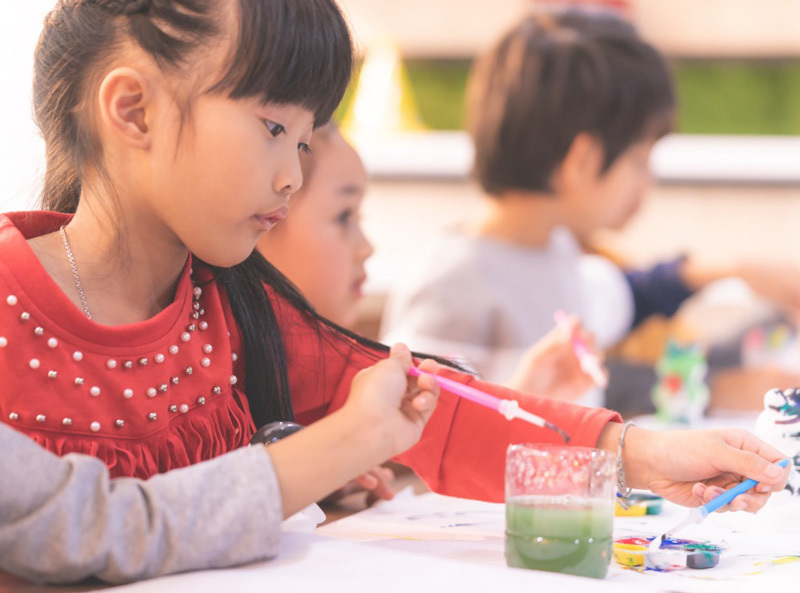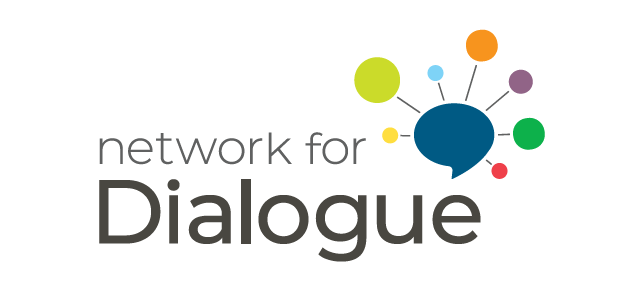About
Empowering educators for migrant, refugee and host communities to learn to live together.
The COVID-19 pandemic has prompted solidarity between people of diverse religious and cultural backgrounds; however, it has also exacerbated tensions between migrant, refugee and host communities in Europe.
Hate speech, stigmatization, incitement to discrimination and xenophobia have increased during the pandemic, building on an existing and generalized culture of mistrust in societies.
The Solidarity project is a collaboration between Arigatou International and the Integration Center for Migrant Workers-Ecumenical Refugee Program (KSPM-ERP), co-funded by the Network for Dialogue (N4D) micro-grant and the KAICIID Dialogue Center.

The Solidarity project aims to empower educators to use intercultural and interfaith education through transformative pedagogical approaches that promote children’s well-being, social transformation and their capacity to learn to live together.
The project also focuses on the important aspect of psychosocial support needed to ensure the social, emotional and spiritual well-being of children and create conducive learning environments.
The project engages educators working with children from migrant, refugee and host communities from across Europe in a series of three online webinars to create dialogue, awareness and capacity on the transformative role of education in enabling children from migrant, refugee and host communities to learn to live together in solidarity.
Webinars
The project engages educators working with children from migrant, refugee and host communities from across Europe in a series of three online webinars to create dialogue, awareness and capacity on the transformative role of education in enabling children from migrant, refugee and host communities to learn to live together in solidarity.
The role of education in promoting learning to live together among migrant, refugee and host communities in Europe
17:00-19:30 CET - 2.5 hours
The role of education in promoting learning to live together among migrant, refugee and host communities in Europe
Psycho-social support for resilience and well-being of children in the context of migrant and refugee inclusion in Europe
17:00-19:30 CET - 2.5 hrs
Psycho-social support for resilience and well-being of children in the context of migrant and refugee inclusion in Europe
Ethics Education to foster intercultural and interfaith learning as a dialogical approach to transform migrant, refugee and host community dynamics
17:00-19:30 CET - 2.5hrs
Ethics Education to foster intercultural and interfaith learning as a dialogical approach to transform migrant, refugee and host community dynamics
This online module is part of the project, and it aims to be a platform for dialogue among the participants. A booklet will be published incorporating inputs from the webinar series, capturing key reflections, strategies, tools and policy recommendations.
About Ethics Education for Children
Ethics Education for Children promotes values-based education, supporting the right to education as set out in the UN Convention on the Rights of the Child, and seeking to contribute to children’s holistic development. Ethics Education for Children utilizes a transformative approach to interfaith and intercultural learning that affirms the dignity of all children, ensures their meaningful participation, and empowers them to become agents of positive change to help build just, peaceful societies.





